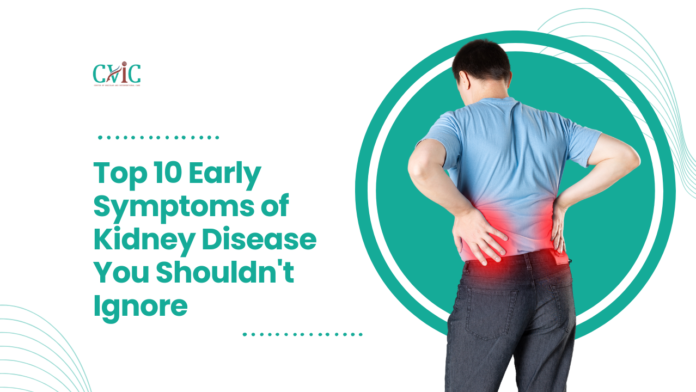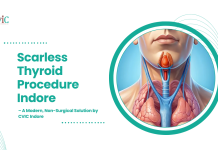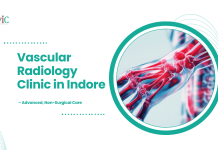Kidney disease is a silent condition that often goes unnoticed in its early stages. However, identifying the symptoms of kidney disease early can make a significant difference in treatment outcomes. Your kidneys play a crucial role in maintaining overall health, and any dysfunction can lead to severe complications.
In this blog, we’ll uncover the top 10 early symptoms of kidney disease that you should never ignore, empowering you to take proactive steps toward better health.
What Are the Symptoms of Kidney Disease?
Understanding the early signs is vital for preventing further kidney damage. These symptoms may start subtly but often indicate underlying health issues. Let’s explore them in detail.
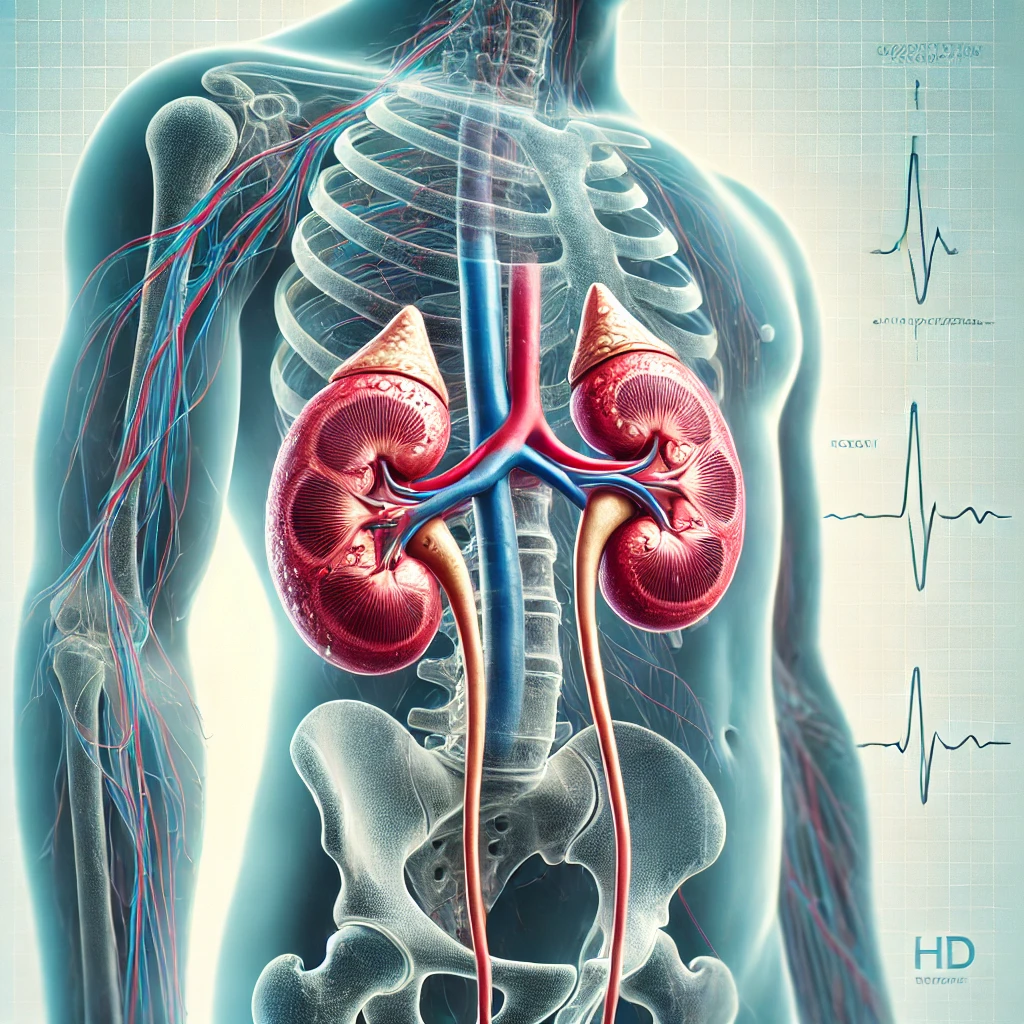
Fatigue and Weakness
One of the earliest signs of kidney disease is persistent fatigue and weakness. When your kidneys fail to filter toxins efficiently, waste products build up in your blood, leading to tiredness. Additionally, reduced production of erythropoietin—a hormone responsible for red blood cell production—can cause anemia, making you feel weak and lethargic.
Also Read: What is the Most Effective Treatment for Varicose Veins?
Swelling in Ankles, Feet, and Hands
Kidney dysfunction often results in fluid retention, causing noticeable swelling in your extremities. This swelling, known as edema, is due to the kidneys’ inability to remove excess sodium and water from the body.
Changes in Urination Patterns
Alterations in urination are a major indicator of kidney health issues. Look out for:
- Frequent urination, especially at night (nocturia)
- Difficulty urinating or decreased urine output
- Foamy or bubbly urine, indicating protein leakage
- Dark-colored urine due to blood (hematuria)
If you notice these changes, consult a healthcare provider immediately.
Persistent Puffiness Around the Eyes
Swollen, puffy eyes may signal protein leakage from the kidneys into the urine. This symptom is often one of the first noticeable signs, even before more severe issues arise.
High Blood Pressure
Hypertension is both a cause and a symptom of kidney disease. Damaged kidneys struggle to regulate blood pressure effectively, leading to a dangerous cycle that exacerbates kidney damage.
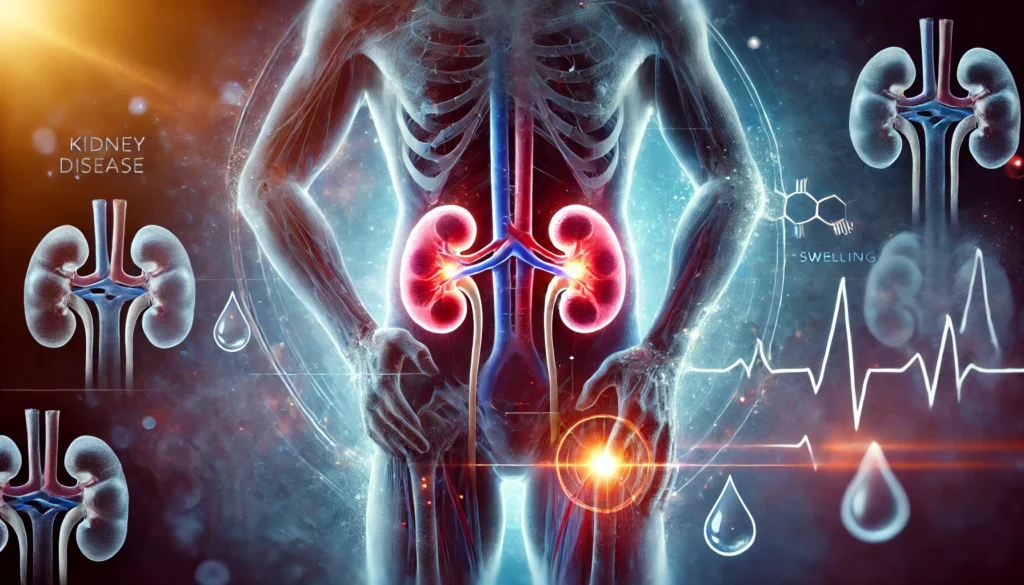
Loss of Appetite
Accumulation of toxins in the bloodstream can suppress your appetite. This symptom often accompanies nausea, vomiting, or a metallic taste in the mouth, making it harder to maintain a balanced diet.
Also Read: What Are the Symptoms of Varicose Veins?
Muscle Cramps
Electrolyte imbalances caused by kidney dysfunction may lead to frequent muscle cramps. A lack of calcium or poorly regulated potassium levels are common culprits.
Dry and Itchy Skin
Healthy kidneys maintain the balance of essential nutrients and remove waste from the blood. When they fail, imbalances in minerals and toxins can cause dry, itchy skin, often signaling underlying bone or mineral disorders.
Shortness of Breath
Fluid retention in the lungs, coupled with anemia caused by kidney disease, can make breathing difficult. This symptom is particularly concerning and requires immediate medical attention.
Metallic Taste and Bad Breath
The buildup of uremic toxins in the blood may cause a metallic taste in your mouth and foul-smelling breath. This condition, known as uremia, often leads to a general feeling of malaise.
Also Read: What Causes Gangrene? Understand Symptoms, Types, and Treatments
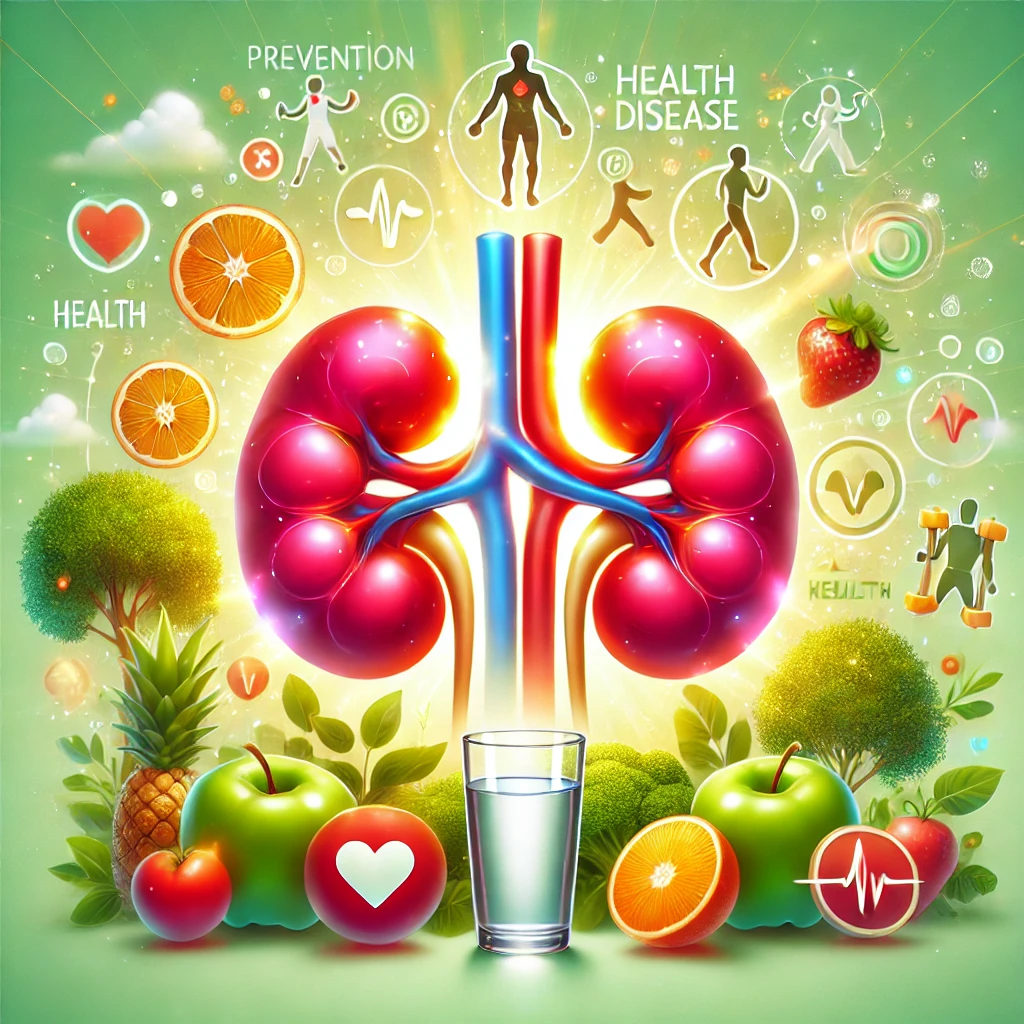
Why Early Detection of Kidney Disease Matters
Ignoring these symptoms can lead to chronic kidney disease (CKD), which may progress to kidney failure if untreated. Early diagnosis and lifestyle changes can slow or even halt disease progression. Regular health check-ups and being vigilant about the symptoms of kidney disease are essential.
FAQs
What causes kidney disease?
Kidney disease can result from diabetes, high blood pressure, genetic conditions, or recurrent kidney infections.
How is kidney disease diagnosed?
It is diagnosed through blood tests (checking creatinine levels), urine tests (for protein), and imaging studies.
Can kidney disease be reversed?
While chronic kidney disease isn’t reversible, early detection and lifestyle changes can prevent further damage.
What dietary changes help with kidney health?
A low-sodium, low-protein diet rich in fruits and vegetables can support kidney health.
How common are the symptoms of kidney disease?
Early symptoms are often mild, making them easy to overlook. Awareness is key to detection.
When should I see a doctor?
If you notice any persistent symptoms, consult a healthcare provider immediately for a thorough evaluation.
Conclusion
Your kidneys are vital to your overall health. Recognizing the symptoms of kidney disease early can prevent severe complications and improve your quality of life. From fatigue and swelling to changes in urination, every sign tells a story about your kidney health. Stay informed, seek timely medical advice, and prioritize a healthy lifestyle for your kidneys’ well-being.
Take charge of your kidney health today! 🌟 Don’t wait until it’s too late to act.

